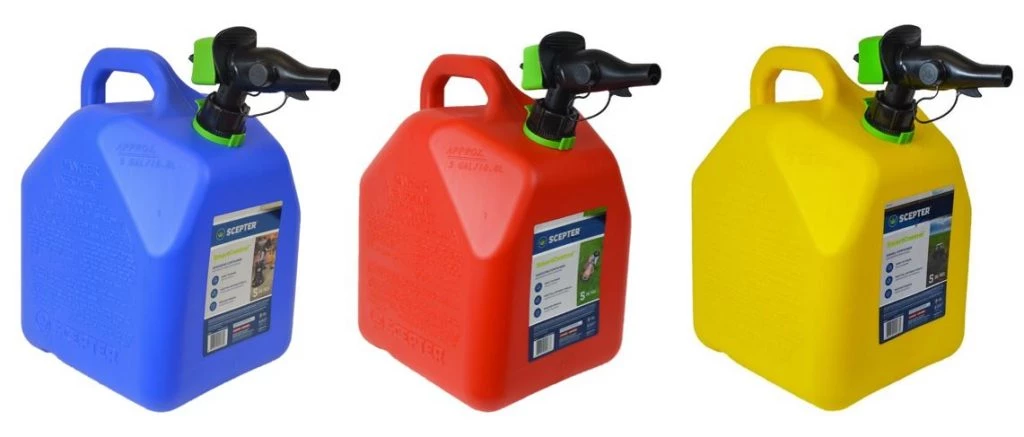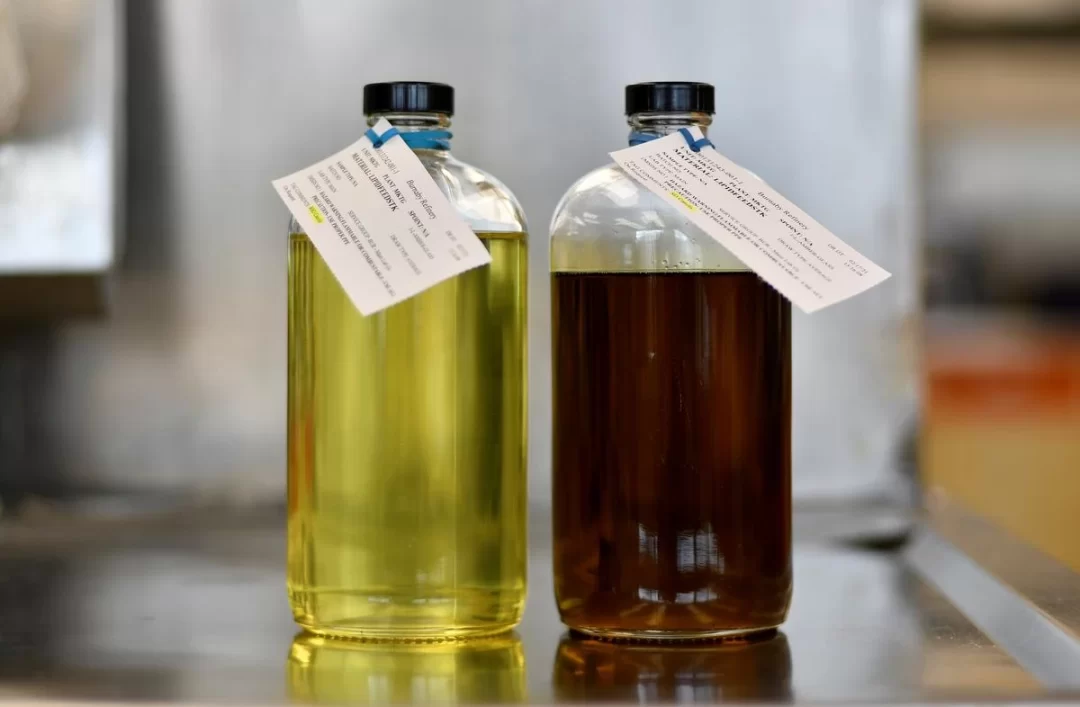Is Heating Oil the Same as Kerosene?
Are you wondering, “Is heating oil the same as kerosene?” This comprehensive article will delve into the topic, providing insights, and credible sources, to help you understand the differences and benefits between heating oil and kerosene.

Is Heating Oil the Same as Kerosene?
To put it simply, no, heating oil is not the same as kerosene, but they share some similarities due to their common origin and uses.
Both heating oil and kerosene are petroleum products derived from crude oil through a refining process.
They are both widely used as fuel sources in different applications, including heating homes, businesses, and various industrial processes.
However, there are crucial distinctions between the two, and understanding these differences is essential for making informed decisions about their use.
The Distinctive Characteristics of Heating Oil
Heating oil is a type of fuel primarily used for heating purposes in residential and commercial buildings.
It is also known as fuel oil No. 2, which refers to its grade in the industry. Here are some key characteristics of heating oil:
1. Viscosity
Heating oil is relatively thicker compared to other petroleum products, such as gasoline. Its higher viscosity enables it to burn more slowly and consistently, providing a steady heat source for extended periods.
2. Sulfur Content
Modern heating oil typically has a lower sulfur content than traditional kerosene, making it a cleaner-burning option, resulting in reduced emissions and environmental impact.
3. Additives
Heating oil often contains additives to enhance its performance, such as stabilizers to prevent fuel degradation and dispersants to keep the fuel system clean.
4. Heating Systems
Heating oil is commonly used in furnaces, boilers, and water heaters, providing efficient and reliable warmth during cold seasons.
Unveiling the Unique Characteristics of Kerosene
Kerosene, also known as paraffin oil or lamp oil, has distinct properties that make it suitable for various applications. While it is related to heating oil, it has its own set of features:
1. Viscosity
Kerosene has a lower viscosity compared to heating oil, making it flow more easily. This property makes it an excellent option for applications that require a thinner fuel consistency.
2. Sulfur Content
Traditional kerosene has a higher sulfur content, which may result in more emissions when burned. However, modern kerosene with reduced sulfur content is now available, offering a cleaner-burning alternative.
3. Common Uses
Kerosene is commonly used in portable stoves, lanterns, and aviation fuel. It is also utilized as an additive in diesel fuel to improve its cold-weather performance.
The Advantages of Using Heating Oil

Using heating oil comes with several advantages that make it a popular choice for heating homes and businesses:
1. Cost-Effective
Heating oil is often more affordable compared to other heating options, making it a budget-friendly choice for many households.
2. Energy Efficiency
Heating oil has a high energy content, providing ample warmth even in extreme cold conditions, ensuring comfortable indoor environments.
3. Safe and Reliable
Properly stored and handled, heating oil poses minimal safety risks, and modern heating systems offer high levels of reliability.
4. Longevity
Heating oil systems have a long lifespan, and regular maintenance can ensure their efficiency and longevity.
The Benefits of Utilizing Kerosene
Kerosene also offers unique benefits for specific applications:
1. Portable Heating
Kerosene’s lower viscosity makes it ideal for use in portable heaters and stoves, providing warmth in remote or outdoor settings.
2. Emergency Lighting
Kerosene lanterns are valuable during power outages, ensuring a stable source of light when electricity is unavailable.
3. Aviation Fuel
Kerosene, as jet fuel, plays a crucial role in aviation, powering aircraft and enabling long-distance travel.
Conclusion
In conclusion, while heating oil and kerosene share some similarities, they are not the same. Each has its unique characteristics, making them suitable for different applications.
Heating oil is an excellent choice for home and business heating due to its affordability, energy efficiency, and reliability. On the other hand, kerosene is preferred for portable heating, emergency lighting, and aviation fuel.
Understanding these differences can help you make informed decisions about which option best suits your specific needs.
READ ALSO!!!



